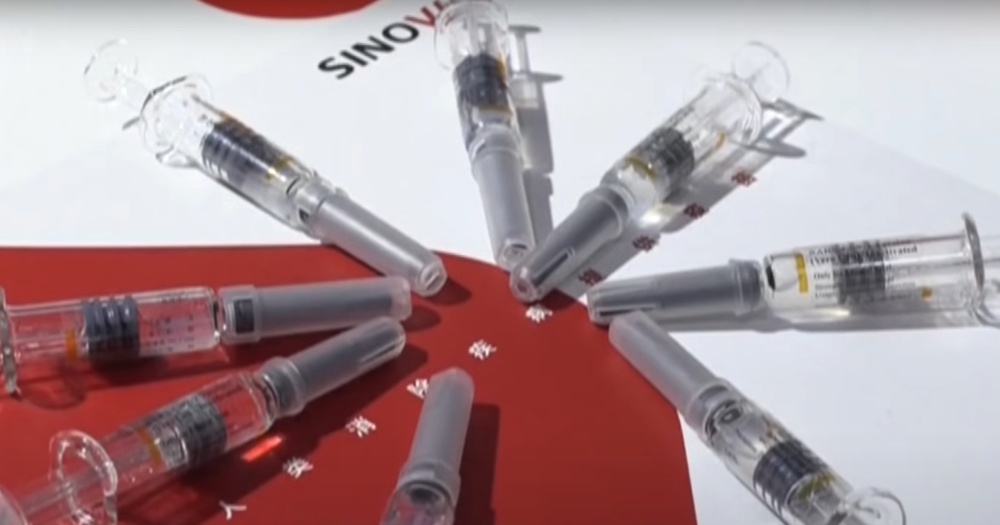China has authorised the emergency use of the Sinovac vaccine for children aged between three and 17, after promising results from clinical trials.
This announcement comes days after the vaccine was approved by the World Health Organisation (WHO) for emergency use for adults over the age of 18.
There are a number of vaccines that are approved under the WHO's Emergency Use List (EUL): Pfizer-BioNtech, Moderna, Astra-Zeneca, Johnson&Johnson, Sinopharm and Sinovac-CoronaVac.
More than ten other vaccines are still being evaluated by WHO.
According to The Wall Street Journal, the moves are "part of a renewed push by the United Nations to get more vaccines to the developing world" to bring the Covid-19 pandemic under control.
China has not begun vaccinating those under 18
According to Global Times, Sinovac has finished Phase I and II clinical trials, involving several hundred volunteers within the age group.
However, Sinovac Chairman Yin Weidong said that it is still undecided when the Sinovac vaccine will be offered to those under 18, and which age groups will begin using Sinovac first.
Reuters reported that minors in China have a lower priority for vaccination against Covid-19 compared with the elderly, who face higher risk of symptoms after infection.
As a result, to date, China's mass vaccination drive has been limited to those aged 18 and above.
Trials involved a third booster shot
The Reuters report also said that Sinovac has completed a Phase II clinical trial, where participants were injected with a third booster shot after completing two regular shots.
Participants reportedly saw a 10-fold increase in antibody levels compared with previous levels within a week, and a 20-fold increase in half a month.
However, Yin warned that Sinovac will need to complete a longer-term study of the antibody duration, before it can make recommendations to the authorities for when the third dose should be given.
To date, Sinovac has provided more than 600 million doses of finished and semi-finished vaccine products to nearly 40 countries and regions across the world, according to Global Times.
WHO said in its statement on June 1 that the vaccine efficacy results showed that the Sinovac vaccine prevented symptomatic disease in 51 per cent of those vaccinated and prevented severed Covid-19 and hospitalised in 100 per cent of the studied population.
S'pore Ministry of Health: Healthcare regulators conduct further evaluations for vaccines on WHO emergency use list
Singapore's Ministry of Health (MOH) released a statement on the night of June 4, explaining why the Sinovac vaccine from China has not yet been approved as part of Singapore's national vaccination programme.
MOH said that the "WHO EUL pathway focusses on the needs of low- and middle-income countries with limited access to Covid-19 vaccines".
It added that it was "a risk-based process that expedites the assessment of vaccines for use in a pandemic especially in these countries, where the benefits are deemed to outweigh the risks, despite uncertainties about the safety and efficacy of the vaccine".
MOH said that healthcare regulators in many developed jurisdictions, including Singapore, typically conduct further rigorous evaluations beyond WHO EUL approval before approving a vaccine for general use.
Top image via CGTN/YouTube.
If you like what you read, follow us on Facebook, Instagram, Twitter and Telegram to get the latest updates.

